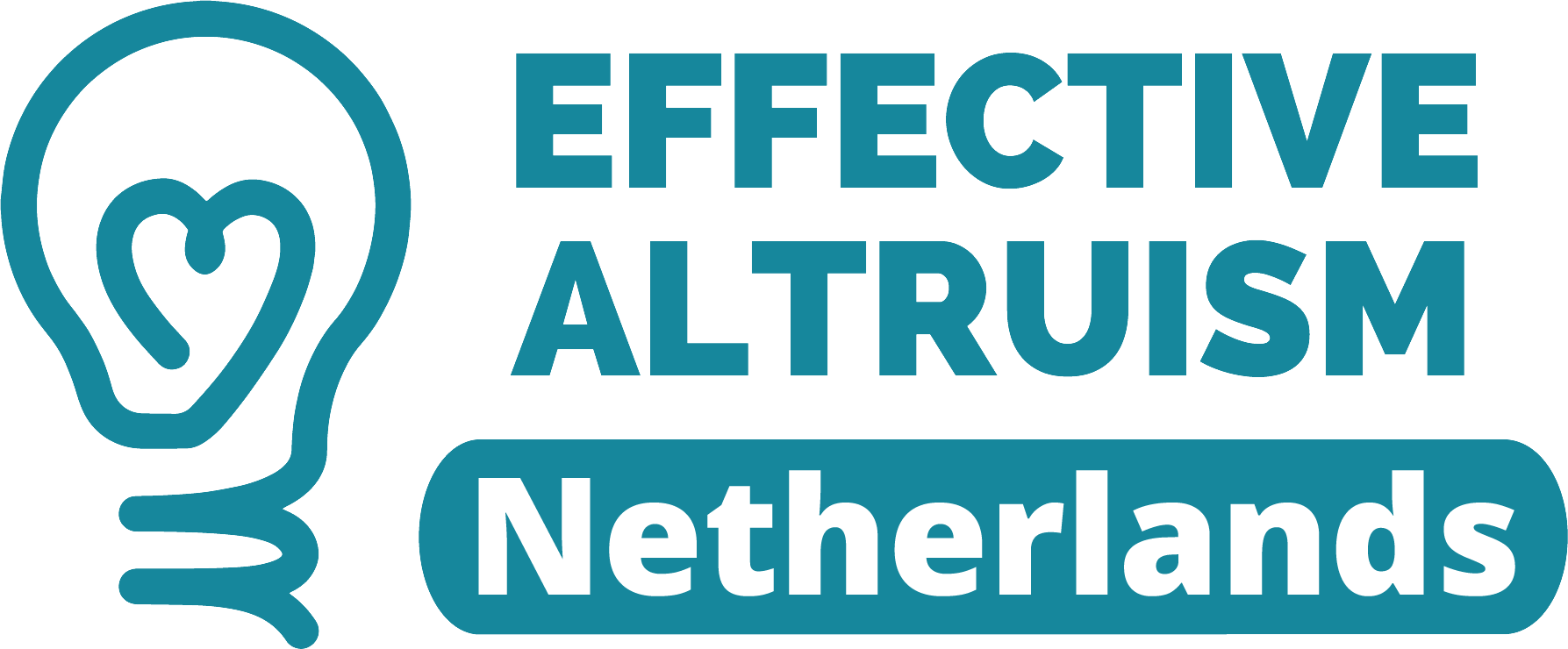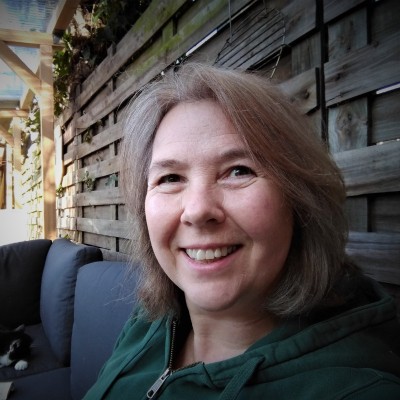24 September 2023
Nicoll’s impact story
Can you introduce yourself and describe what you do?
As long as I can remember, I wanted to change the world for the better. I worked in numerous countries with Doctors without Borders, several Dutch non-profits, and was COO of ProVeg Netherlands, helping to scale the organization from a volunteer group to a professional food awareness organization. Since 2021 I have supported the development of another ten animal and vegan advocacy charities.
In 2022 I started The Mission Motor, a charity that offers concrete support to non-profit organizations to make the highest achievable impact by continuously improving their processes and interventions. This year, with the support of Charity Entrepreneurship, my co-founder and I started a free international training and support program for animal non-profits, to implement monitoring, evaluation, and learning (MEL) systems. The aim is to create a more data-driven way of working so organizations can adapt their interventions if and when necessary and continuously increase their impact.
How did you get to where you are now?
Were there any pivotal moments or decisions?
When I graduated from law school, I knew I wanted to work for an international aid organization. Although I realized I could do more good in lower income countries compared to working in The Netherlands, I did not have a clear path in my head about what to do where.
After sending out many applications, I started to work as a volunteer with Doctors without Borders and soon after could move on to a broad variety of jobs within the organization. I gained a lot of experience doing e.g. project management, recruitment, and human rights advocacy. Eventually I landed in management when I discovered my talent for supporting teams to achieve their goals.
Working abroad and talking to people in countries like Angola, Bangladesh, Colombia and Congo with many different cultures and contradictory beliefs, got me thinking about what drives humans in general and me in particular. This experience helped me to become aware of my values, and made me into a more open minded person.
After ten years on and off working in conflict situations, I settled back down in the Netherlands where I worked as a social lawyer and a manager in children protection services. Although I found this work very satisfying, it’s only after I learned more about intensive animal factory farming that I found focus.
I experienced first hand what people do to each other, and what the horribly consequences are of war and famine. But at least as humanity we agree these things shouldn’t happen and there are a lot of resources spent on prevention and mitigation. In contrast, the number of animals in intensive animal factory farming is only growing, being heavily subsidized by governments, and nonprofits receive a fraction of the funding compared to funding in human cause areas. I realized that the injustice of the suffering that people afflict upon billions of farmed animals is so much more neglected than the injustice done to humans.
I decided to look for work that contributed to the end of animal factory farming. In 2015 I started volunteer work for a vegetarian association and in 2016 my journey in organizational development for animal and vegan advocacy organizations began when I joined Viva las Vega’s, now part of ProVeg International.
Seven years of experience supporting multiple country branches of ProVeg International, led to the start of my own charity in 2022, providing concrete support to non-profit organizations to make the highest achievable impact. In 2023 The Mission Motor expanded with an international free program to coach animal and vegan advocacy charities to adopt a data-driven way of working, by training them to use monitoring and evaluation and to act upon the data generated.
What’s a challenge you’ve faced in your career so far?
And how did it shape your career-related decisions going forward?
Not knowing the impact of my work, particularly when working in advocacy, was frustrating. More and more I wondered if my work had any impact, and I realized that my biggest nightmare is to be old, look back on my life and conclude that I have not contributed to significant change. This led me to start my own charity to support nonprofits to improve their processes and focus, and help them grow. However, it was only when I went through the Charity Entrepreneurship Incubation program, that I realized that my biggest impact is not in scaling any organization, but in carefully selecting potentially high-impactful nonprofits, help them to become more data-driven, and only then take the step towards organizational development and scale. That’s why my co-director Blake and I started the Animal Advocacy Impact Engine, an international free training and support program to teach and support organizations how to implement and use monitoring, evaluation and learning to increase their impact.
What advantages or opportunities helped you get on the career path you’re on now?
There were many advantages and opportunities that helped me get on my current career path. First of all, general things like growing up in a country where I could get a good education, and throughout my career being given the chance to take on new challenges and develop many different skills.
More recently I found the Effective Altruism community very helpful in providing me with information and linking me to relevant people. Particularly going through the Charity Entrepreneurship Incubation program not only helped me to redesign our interventions to potentially more impactful ones, but also connected me to a very supportive network of people, all striving to achieve their highest impact.
What advice would you give to someone looking to follow a similar pathway?
Educate yourself about how to make the biggest impact. Read some books on how to work data-driven and use MEL, and educate yourself on principles of Effective Altruism or follow an EA introductory course.
I was in my fifties before I sat down to deliberately work out how and where I potentially could do the most good. I think some intuition and a little luck ensured I at least partially worked in relatively impactful jobs, but definitely not everything I have done up till now, was the most impactful it could have been. Looking back now, I wish I would have learned about impact earlier in my career.
How do you see your career evolving in the future to further your impact goals?
I plan to continue to be guided by an impact mindset and data-driven way of working. We will carefully monitor and evaluate the work we do with The Mission Motor, and if interventions after a reasonable amount of time don’t seem to generate results or be sufficiently impactful, we will change or shut down interventions.
If I’m lucky I have a few decades left to make this world a better place for all sentient beings. As I can only spend my time and money once, I’d better make it count!
More news
Climate change will not wipe out humanity. But AI potentially will, says this ‘effective altruist’ (Volkskrant)
Newspapers have also welcomed the book. ‘MacAskill’s advocacy of “long-termism”, the idea that posit
Policy career guide
Policy career guide Key takeaways Even in the Netherlands, there are various ways to achieve signifi
Tax Effects of Grants in the Netherlands
Tax Effects of Grants in the Netherlands This guide outlines the Dutch tax implications for receivin

